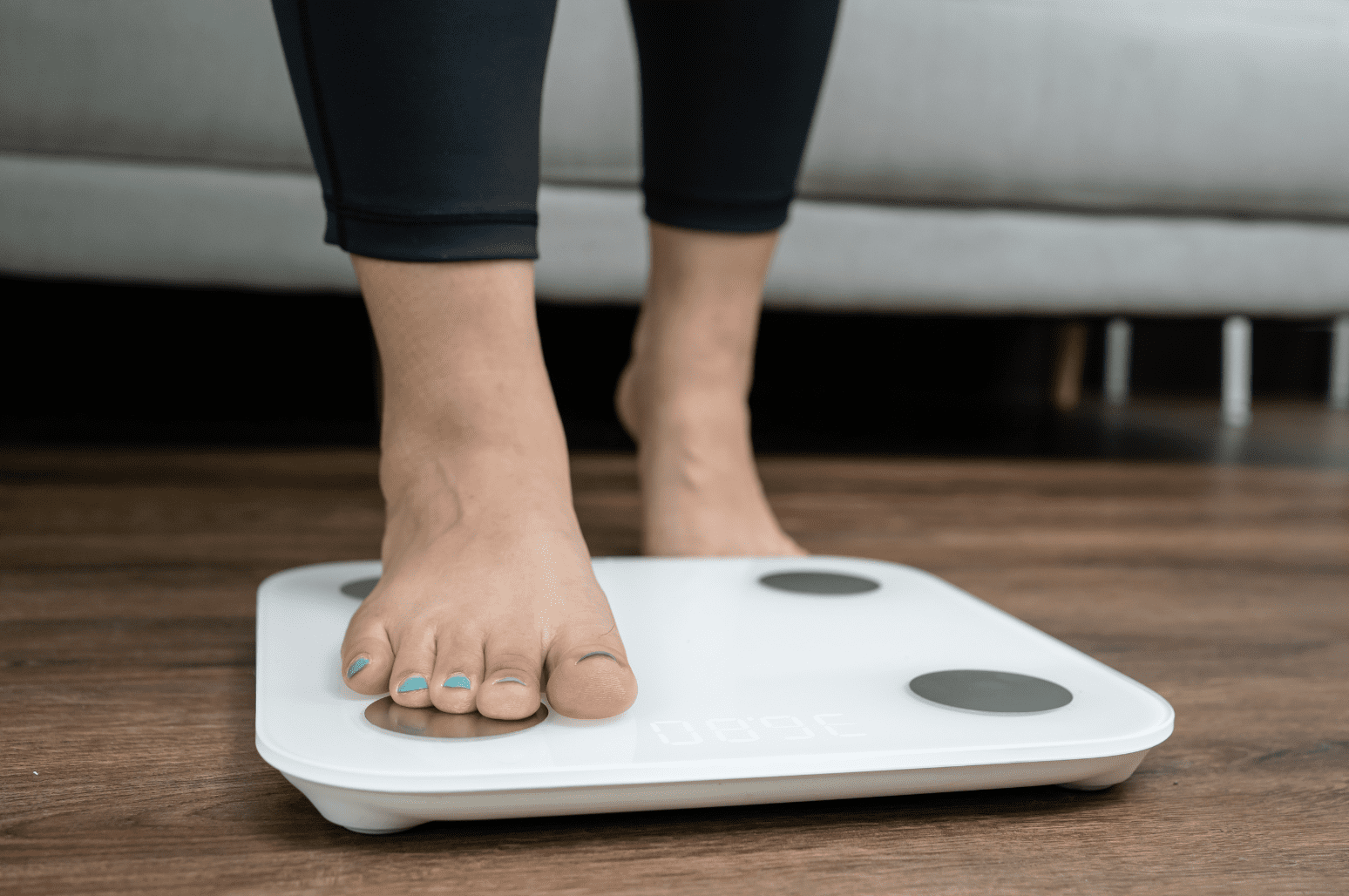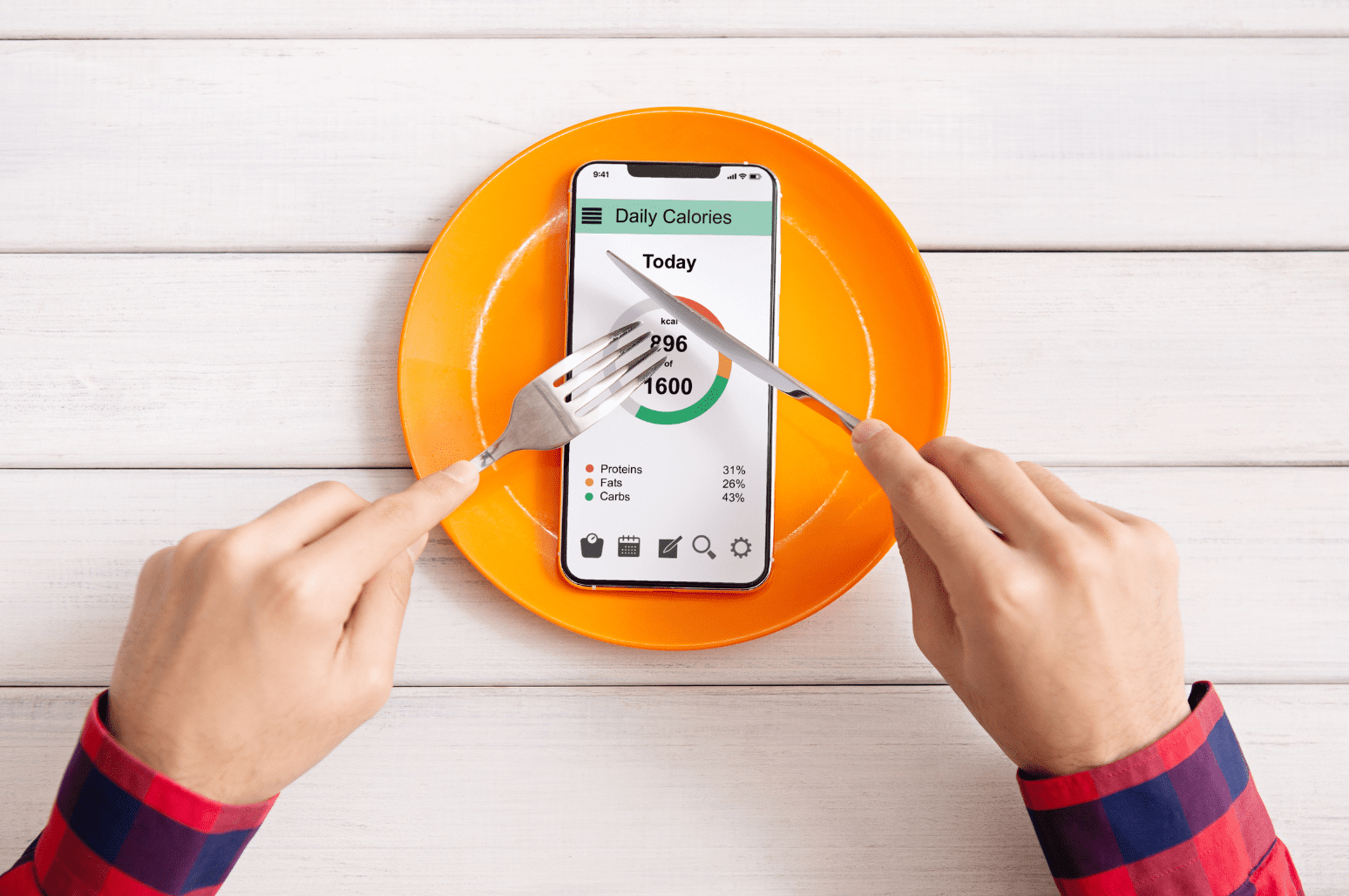Do You Gain the Weight Back on Keto? How to Maintain Your Weight Loss

When starting a diet, one of the most common concerns people have is whether they’ll gain back some or most of the weight they’ve lost as soon as they stop the diet. Many who follow a keto diet, which involves eliminating high-carbohydrate foods and reducing carb intake to less than 50 grams of carbs, have this fear as well.
So, do you gain back the weight on keto? Well, it’s not as simple as yes or no. Whether you experience rebound weight gain or not will depend on factors like the food choices you make after you stop keto, as well as things like exercise, sleep quality, and stress levels.
Here’s why some people end up gaining weight after keto and how to maintain the weight you’ve lost for good.
Do You Gain the Weight Back on Keto?
After you’ve successfully shed pounds through carb restriction and increasing dietary fat, you won’t necessarily regain the weight once you stop. Although this tends to happen to many people as shown by long-term weight loss studies, you can certainly keep the weight off as long as you understand the factors that contribute to weight regain. [1]
Eating highly processed foods is an important cause of weight gain. Potato chips, processed meats, sweetened drinks, and breakfast cereals aren’t just high in carbohydrates, but they’re also high in calories. In contrast to keto diet foods, these foods lack nutrients and do not satisfy you, leading you to crave more. [2] If you avoid going back to a diet that includes lots of ultra-processed foods, rebound weight gain after keto is less likely.
Another reason people gain weight when they stop keto is because they add the carbs back without decreasing fat. Here’s what can happen when you eat large amounts of carbs and fats at the same time: Carbs stimulate insulin, which then stimulates lipoprotein lipase–an enzyme that degrades fats present in the bloodstream and stores them in fat cells or adipocytes. [3]
That being said, a diet that’s comprised of high amounts of both carbs and fat will favor weight gain. When transitioning off keto, it’s best to also gradually reduce the amount of fat to 25-35% of your calories. [4]
Besides changes in food quality and macros, other lifestyle factors play a part in weight gain. Some people may be experiencing life situations where they’re more sedentary, stressed out, and sleep-deprived. These factors may disrupt a person’s metabolism and ultimately make them gain weight.
How to Stop the Keto Diet Without Gaining Weight
While the keto diet is a healthy approach to follow long-term, some people may choose to give it up for different reasons. Maybe they’ve found keto to be too restrictive for their lifestyle or perhaps they simply miss the carbs.
Of course, if your doctor has prescribed keto as part of their treatment plan for a medical condition, make sure to discuss with them your intention of stopping.

No matter your reason for transitioning off keto, you’ll want to make sure you don’t do it abruptly. Have a clear plan. Consider getting support from a professional, such as a registered dietician or nutrition coach if you need personalized advice.
Other than that, you can follow these tips:
Gradually increase carbs
Don’t make the mistake of splurging on carbs right away. This might trigger blood sugar spikes and crashes, which will likely lead to fatigue and overeating. A smarter solution would be to add carbs–ideally complex, minimally processed carbs that include fiber–to just one meal per day and observe how your body responds. For example, you might eat tuna with sweet potatoes for lunch.
If your digestive system isn’t reacting negatively and you feel good overall, you can then proceed with adding carbs to two meals, and so on.
Include vegetables in every meal
Speaking of gradually increasing carbs, you’ll want to focus on adding more vegetables as you stop the keto diet. Veggies contain complex carbs, which take longer to digest. They cause a steady increase in your blood sugar, easily fill you up, make you satisfied longer, and are sources of fiber, vitamins, and minerals.
Maintain an active lifestyle
Whether you’ve stayed physically active on keto or not, make sure to exercise regularly after transitioning off of keto. Incorporating more movement throughout the day keeps the weight off by:
- Increasing the number of calories your body burns
- Lowering glycogen stores in your muscles (this is especially true with high-intensity workouts or continuous moderate workouts)
- Naturally boosting your metabolic rate (the more muscle mass you have, which you can increase through resistance training, the higher your metabolism even at rest.) [5]
Practice other habits that promote long-term weight loss
Other habits that help you body maintain its weight include getting a good night’s sleep, which balances your appetite and satiety, and keeping stress low, which prevents unhealthy behaviors that lead to weight gain.
Intermittent fasting helps, too. While many keto dieters do intermittent fasting because being fat-adapted makes fasting easier, you can still practice it regardless of the diet you’re on.

Consider a cyclical keto diet instead of quitting keto altogether
The Cyclical Keto Diet (CKD), which involves adhering to keto 5-6 days a week and increasing carbs for the remaining 1-2 days, can be one alternative to stopping keto. This approach can be an excellent option if you want to stick to the keto diet long-term because of its health and weight loss benefits but you currently find it unsustainable.
Cyclical keto is also a good choice for those seeking to increase athletic performance and build muscle mass (by taking advantage of insulin’s anabolic effect). Think of CKD as a normal keto diet but with refeed days.
Weight Loss Maintenance Is Challenging–But Not Impossible
While it is certainly possible to gain back the weight lost on keto if you go off the diet, many people have successfully kept the weight off over the years. Continuing to make healthy choices and even exploring new behaviors that support weight loss, such as intermittent and extended fasting, are keys to weight loss success after stopping keto. Moreover, being aware of the factors that may have led to your excess weight pre-keto will prevent you from falling back into old habits.
References
Hall, K. D., & Kahan, S. (2018). Maintenance of Lost Weight and Long-Term Management of Obesity. The Medical clinics of North America, 102(1), 183–197. https://doi.org/10.1016/j.mcna.2017.08.012
Hall, K. D., Ayuketah, A., Brychta, R., Cai, H., Cassimatis, T., Chen, K. Y., Chung, S. T., Costa, E., Courville, A., Darcey, V., Fletcher, L. A., Forde, C. G., Gharib, A. M., Guo, J., Howard, R., Joseph, P. V., McGehee, S., Ouwerkerk, R., Raisinger, K., … Zhou, M. (2019). Ultra-processed diets cause excess calorie intake and weight gain: An inpatient randomized controlled trial of AD Libitum Food Intake. Cell Metabolism, 30(1). https://doi.org/10.1016/j.cmet.2019.05.008
Sadur, C. N., & Eckel, R. H. (1982). Insulin stimulation of adipose tissue lipoprotein lipase. Use of the euglycemic clamp technique. The Journal of clinical investigation, 69(5), 1119–1125. https://doi.org/10.1172/jci110547
professional, C. C. medical. (2019, April 25). Fat and calories: The Difference & Recommended Intake. Cleveland Clinic. https://my.clevelandclinic.org/health/articles/4182-fat-and-calories
Vybornaya, K. V., Sokolov, A. I., Kobelkova, I. V., Lavrinenko, S. V., Klochkova, S. V., & Nikityuk, D. B. (2017). Basal metabolic rate as an integral indicator of metabolism intensity. Voprosy pitaniia, 86(5), 5–10. https://doi.org/10.24411/0042-8833-2017-00069










